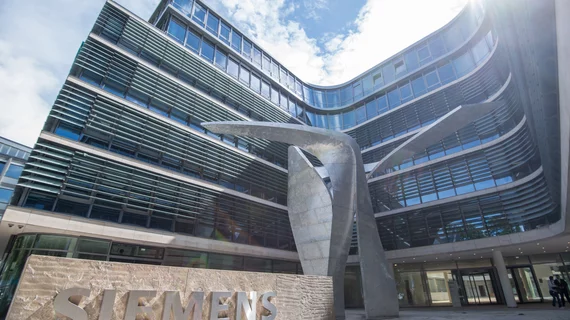Siemens scores regulatory approval for $16.4B acquisition of Varian Medical Systems
Siemens Healthineers has scored regulatory approval for its $16.4 billion (USD) acquisition of Varian Medical Systems, government officials announced on Friday.
The European Commission’s blessing is contingent on the German-based imaging giant promising to make its equipment work with rival products in exchange for the determination.
“High quality medical imaging and radiotherapy solutions are crucial to diagnose and treat cancer. The efficiency and safety of treatment relies on the ability of these products to work together,” Margrethe Vestager, executive VP in charge of competition policy for the European Commission, said in a Feb. 19 statement. “With the interoperability commitments, the merger can go ahead whilst preserving competition and innovation in these markets,” she added later.
Siemens first announced its mega merger with the Palo Alto, California-based radio therapy solutions provider back in August, and Varian’s shareholders OK’d the deal in October. The two hope to close in 2021’s first half, together creating a “global healthcare leader” offering the entire gamut of cancer care services from initial imaging screening to treatment and survivorship.
European Commission officials expressed concern that merging the market leaders in imaging and radio therapy could snuff out competition. But they’re hoping the initial 10-year interoperability commitment will ally such suspicions. Officials may revisit the commitment when it expires in 2031, they added.
United States antitrust regulators approved the deal back in October, according to Reuters, which first reported Friday’s news.

